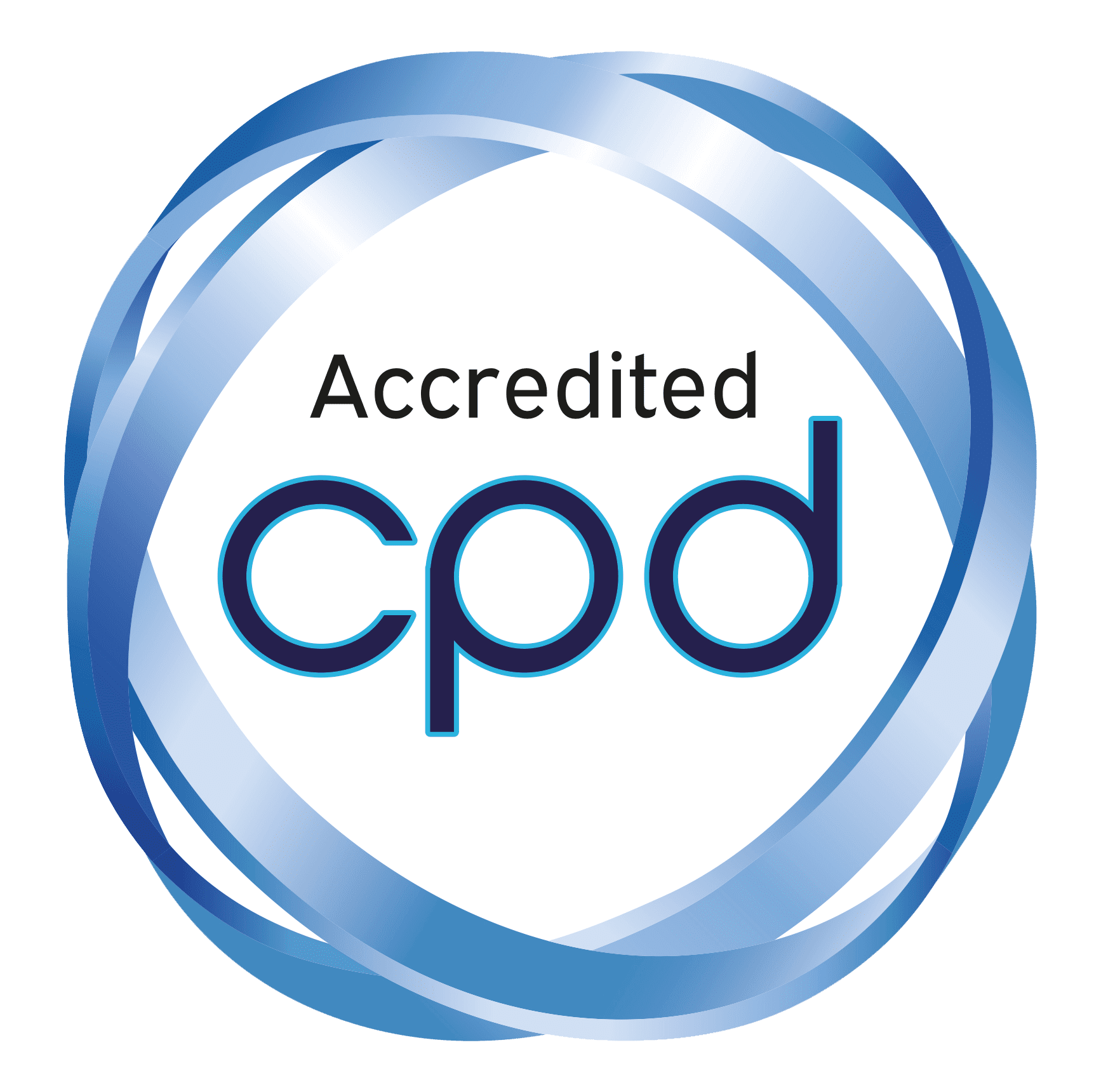Developing High Performing Teaching Assistants
1 CPD points
4 modules
Empty space, drag to resize


This course is separated into four modules of learning:
Module One: Taking Responsibility for Professional Development
Some TAs feel stuck in a bit of a rut because their school does not provide too many opportunities for them to learn new things. Some have been through training courses to qualify them for the role but have difficulty ‘growing’ any further because other development opportunities are not offered to them.
Others have attended training courses that have dealt with theories about learning but which don’t actually provide direct practical applications for use in the classroom. We are therefore going to focus for a while on ways in which an individual can take control of their own career path and gain more experience to become a valuable asset to the school.
Module Two: Professional Standards for Teaching Assistants
The document relating to Professional Standards for Teaching Assistants was originally developed by the Department for Education but, when abandoned by them, was picked up by other organisations who were interested in promoting the role of Teaching Assistants in schools.
Although the standards are not mandatory, they do help to define the role and purpose of teaching assistants and provide another useful tool in developing a reflective practice! This module also looks at the importance of ‘networking’ as an effective source of professional development and the need to learn from personal experience.
Module Three: The Learning Brain and Its' Potential for Students
Taking responsibility for your own professional development requires practical application in the classroom, where a constantly improving practise leads to becoming a more experienced TA as rapidly as possible.
Getting the best out of learners and supporting them to reach their true potential is a real skill, and it helps if you are familiar with the way in which the learning brain works and know some strategies for building resilience. The purpose of this module is to help participants become more familiar with these concepts.
Module Four: Handling Pupil Responses to Stress
This short final module will provide a greater understanding of what is actually happening inside a person’s brain when they are stressed, plus how that can be acknowledged and dealt with. It is also important for us to support a learner to ‘manage’ their own behavioural response to stress rather than always supplying the control measures (everything from restraint to detention) to try and limit the damage caused.
Module One: Taking Responsibility for Professional Development
Some TAs feel stuck in a bit of a rut because their school does not provide too many opportunities for them to learn new things. Some have been through training courses to qualify them for the role but have difficulty ‘growing’ any further because other development opportunities are not offered to them.
Others have attended training courses that have dealt with theories about learning but which don’t actually provide direct practical applications for use in the classroom. We are therefore going to focus for a while on ways in which an individual can take control of their own career path and gain more experience to become a valuable asset to the school.
Module Two: Professional Standards for Teaching Assistants
The document relating to Professional Standards for Teaching Assistants was originally developed by the Department for Education but, when abandoned by them, was picked up by other organisations who were interested in promoting the role of Teaching Assistants in schools.
Although the standards are not mandatory, they do help to define the role and purpose of teaching assistants and provide another useful tool in developing a reflective practice! This module also looks at the importance of ‘networking’ as an effective source of professional development and the need to learn from personal experience.
Module Three: The Learning Brain and Its' Potential for Students
Taking responsibility for your own professional development requires practical application in the classroom, where a constantly improving practise leads to becoming a more experienced TA as rapidly as possible.
Getting the best out of learners and supporting them to reach their true potential is a real skill, and it helps if you are familiar with the way in which the learning brain works and know some strategies for building resilience. The purpose of this module is to help participants become more familiar with these concepts.
Module Four: Handling Pupil Responses to Stress
This short final module will provide a greater understanding of what is actually happening inside a person’s brain when they are stressed, plus how that can be acknowledged and dealt with. It is also important for us to support a learner to ‘manage’ their own behavioural response to stress rather than always supplying the control measures (everything from restraint to detention) to try and limit the damage caused.

Company Information
Connex Education Academy Limited is a registered company
in England and Wales trading as Connex Education Academy.
Tel: 0330 390 4113
Email: support@connex-academy.com
Our Policies
in England and Wales trading as Connex Education Academy.
Tel: 0330 390 4113
Email: support@connex-academy.com
Our Policies
Keep up to date
Sign up to our newsletter to receive updates on new courses, huge discounts and more.
Enter your email address to receive our newsletter
Thank you!
Copyright © 2024
